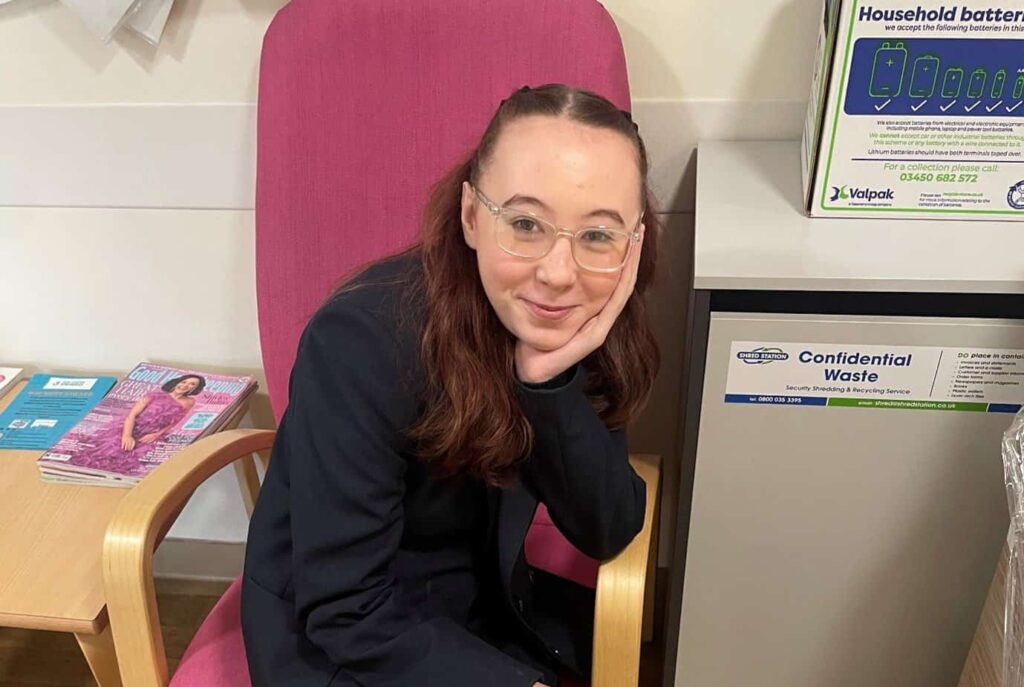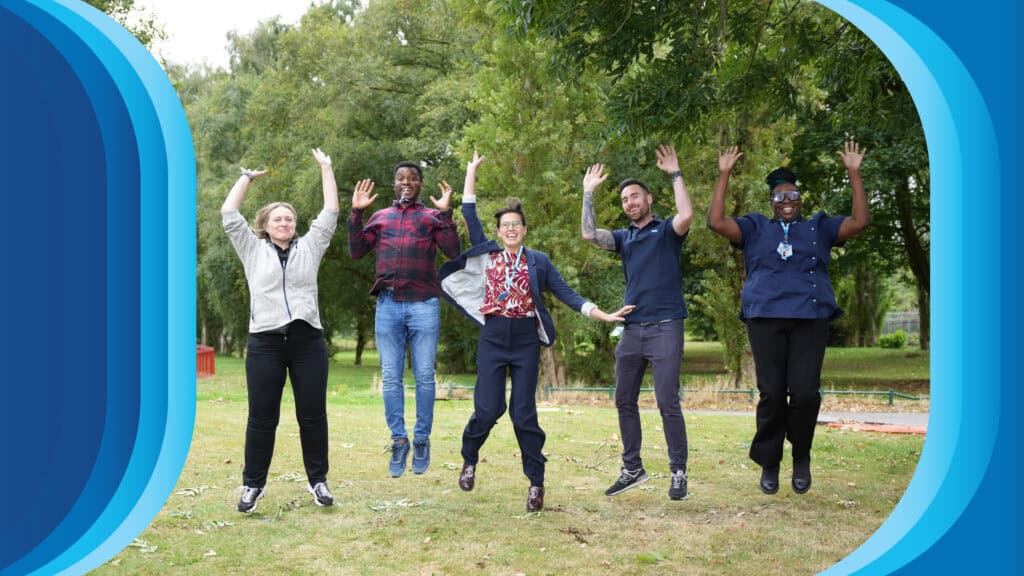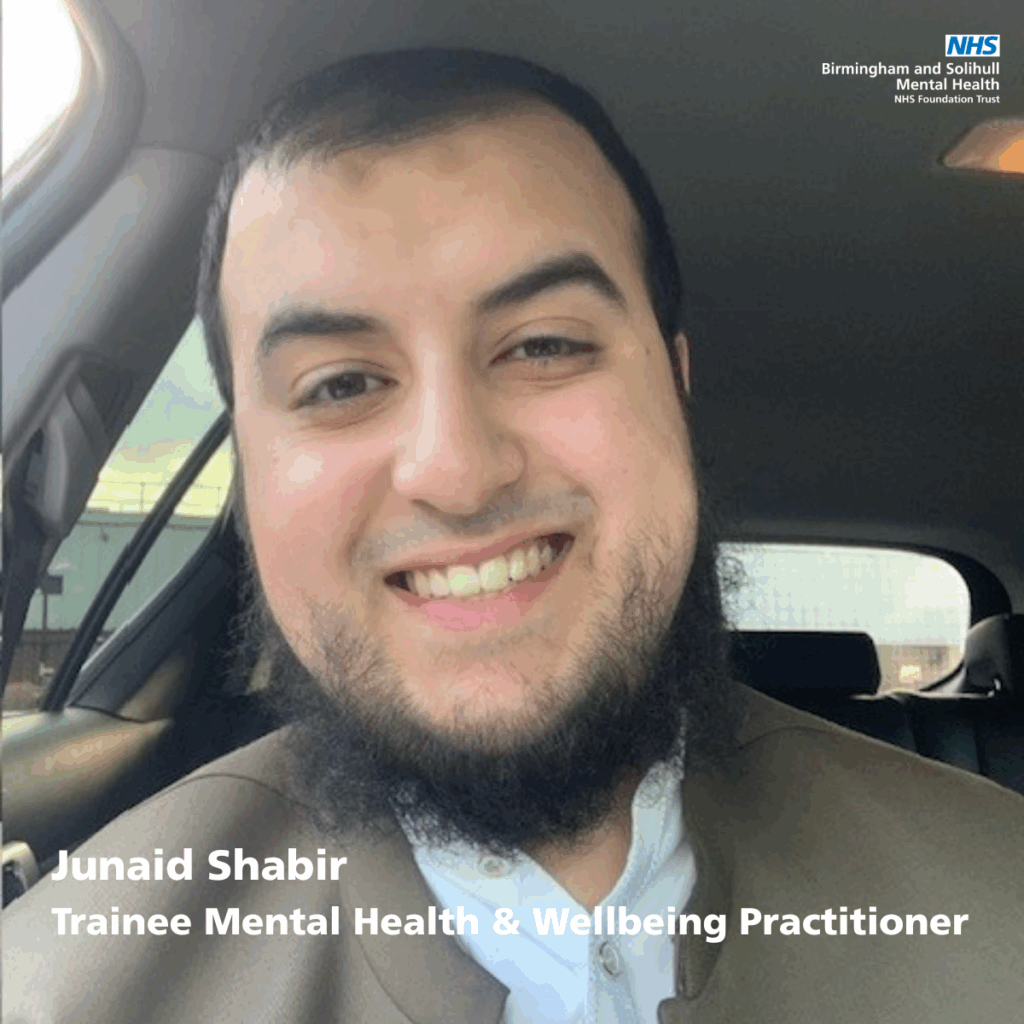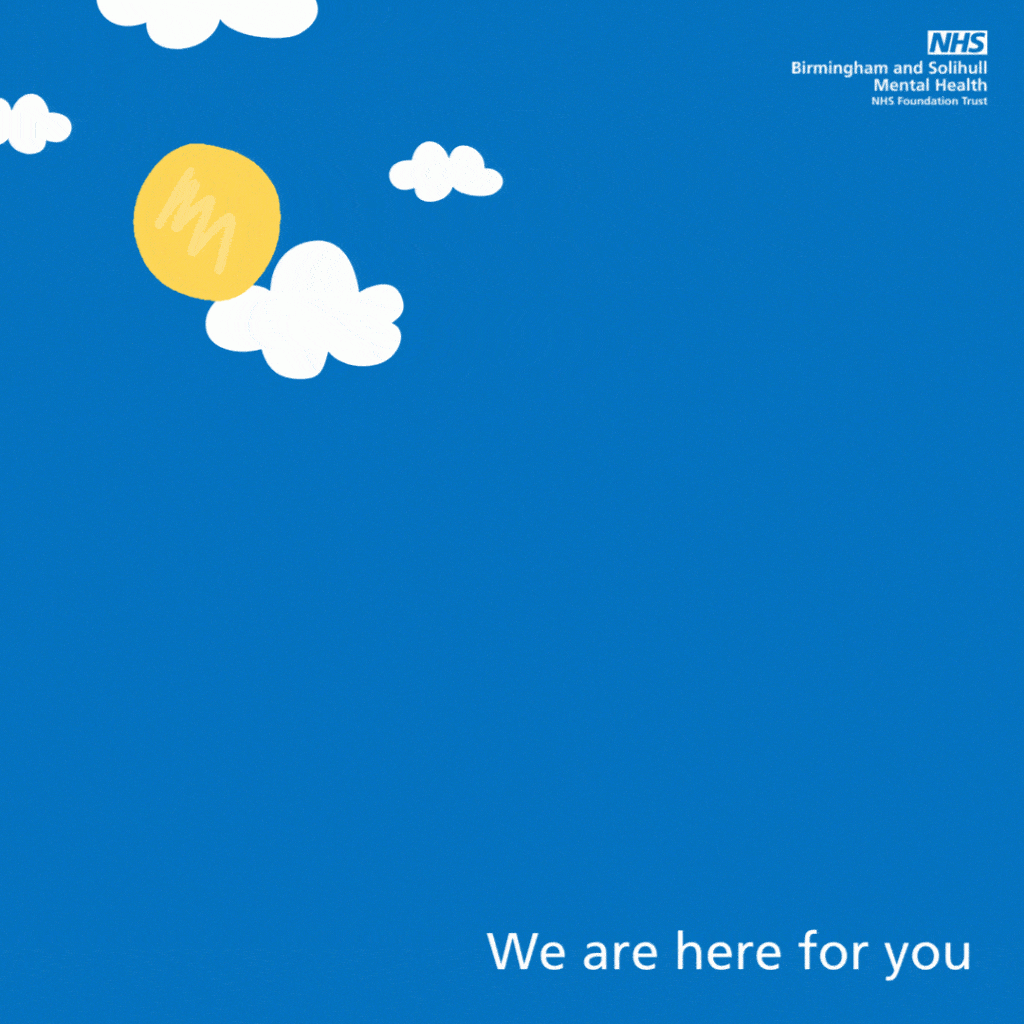Eating disorders are a serious mental illness that affects people of all ages, genders, ethnicities, and backgrounds. While some are more common, others like ARFID are not as well known.
Avoidant restrictive food intake disorder (ARFID) is a mental health condition that affects how someone eats certain foods or limits their intake. Most common in children, it can be caused by a variety of reasons such as negative feelings over the smell, taste, or texture of certain foods. Others with ARFID have an overall lack of hunger or lack of interest in eating. ARFID was formally recognised by the NHS as an eating disorder in 2013, making it relatively new in the field of mental health.
13-year-old Stevie-Louise Robbins and her family know all too well the complexities of this specific type of eating disorder. Stevie’s mum, Nikki, wanted to share her story with the hopes of educating more people about ARFID and offering hope to parents that support is out there. This is their story.
“My eldest child Stevie was just two years old the first time she was given food supplements. Initially, we were told that this was because she was a ‘picky eater’ for only eating crisps.
This was an incredibly scary time for Stevie’s dad and I, we would worry so much about her. I believed that it was all my fault.
When Stevie reached the age of 11, her food intake was so small. We had been back and forth to the doctors many times, asking for help – that was when we got referred to The Eating Disorders Service (TEDS). When I received a phone call from the team at the Trust, it was the first time someone understood what I was saying. A week later Stevie was offered an appointment.
She was so scared going to this appointment as previously, other professionals just told her what to eat, but this time it was different. At the end of the appointment we were told that Stevie had ARFID.
We had no idea what this was, but the team soon explained it. There were a lot of tears – but happy ones! For the first time ever, someone knew what was wrong and could offer help.
The TEDS team has been the most amazing support during the last couple of years. We have had the most amazing progress followed by the hardest times in hospital, with Stevie being tube-fed. In those moments of worry, we have always had the team to help us, and they have supported not just Stevie but the entire family. We can never thank them enough for the support we have received.
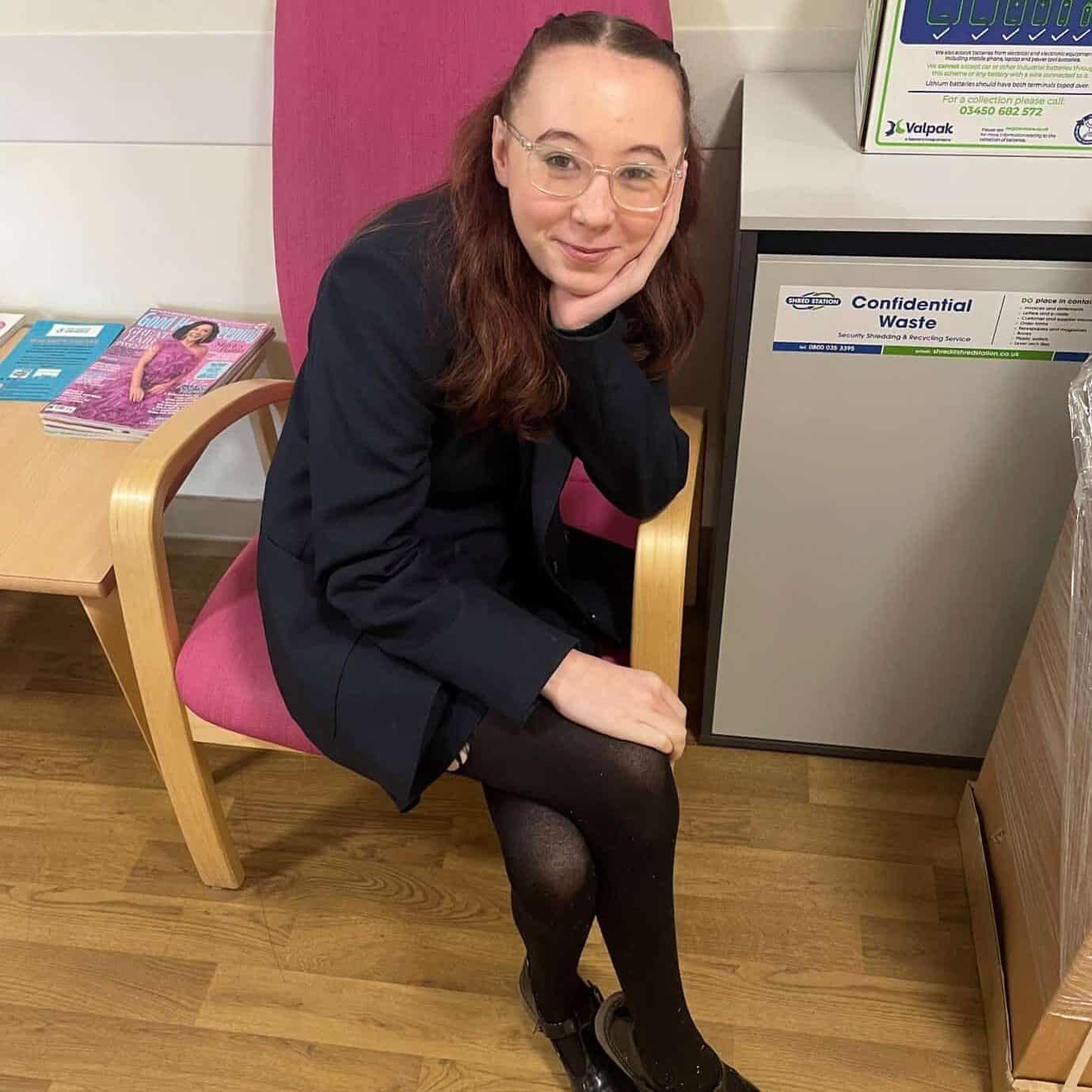
To all the parents that maybe think their child has ARFID, or needs help with their child’s eating – please be persistent and keep speaking to your GP. It’s a hard journey with high highs and low lows, but always remember your best is enough.
Stevie always believes she is not enough but watching her journey she is the strongest girl. She is an inspiration to many.”
We would like to thank Stevie and her parents for sharing such a personal story. If you can relate to this story, please speak to your GP as soon as possible.
You can also talk in confidence to an adviser from eating disorders charity Beat by calling the Beat helpline on 0808 801 0677.
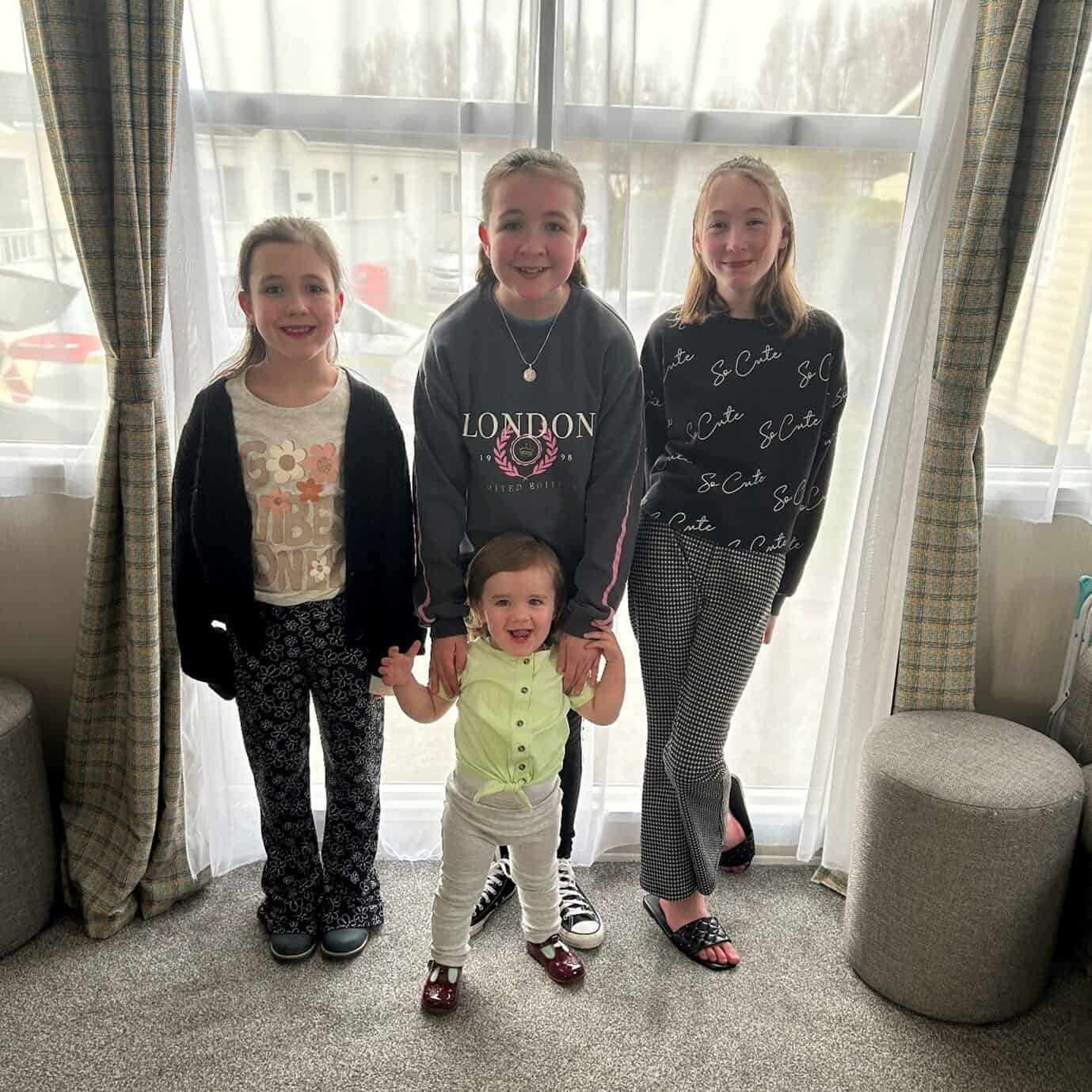
Published: 27 February 2024


